Udhaharans

AYUDH – Global Youth Wing
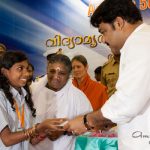
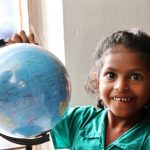

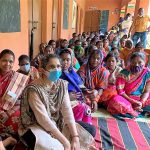
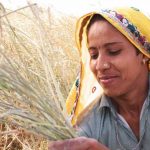

Energy Literacy Training
Date: 30th April 2023
Time: 14:00-17:00 hrs
Venue: College Seminar Hall
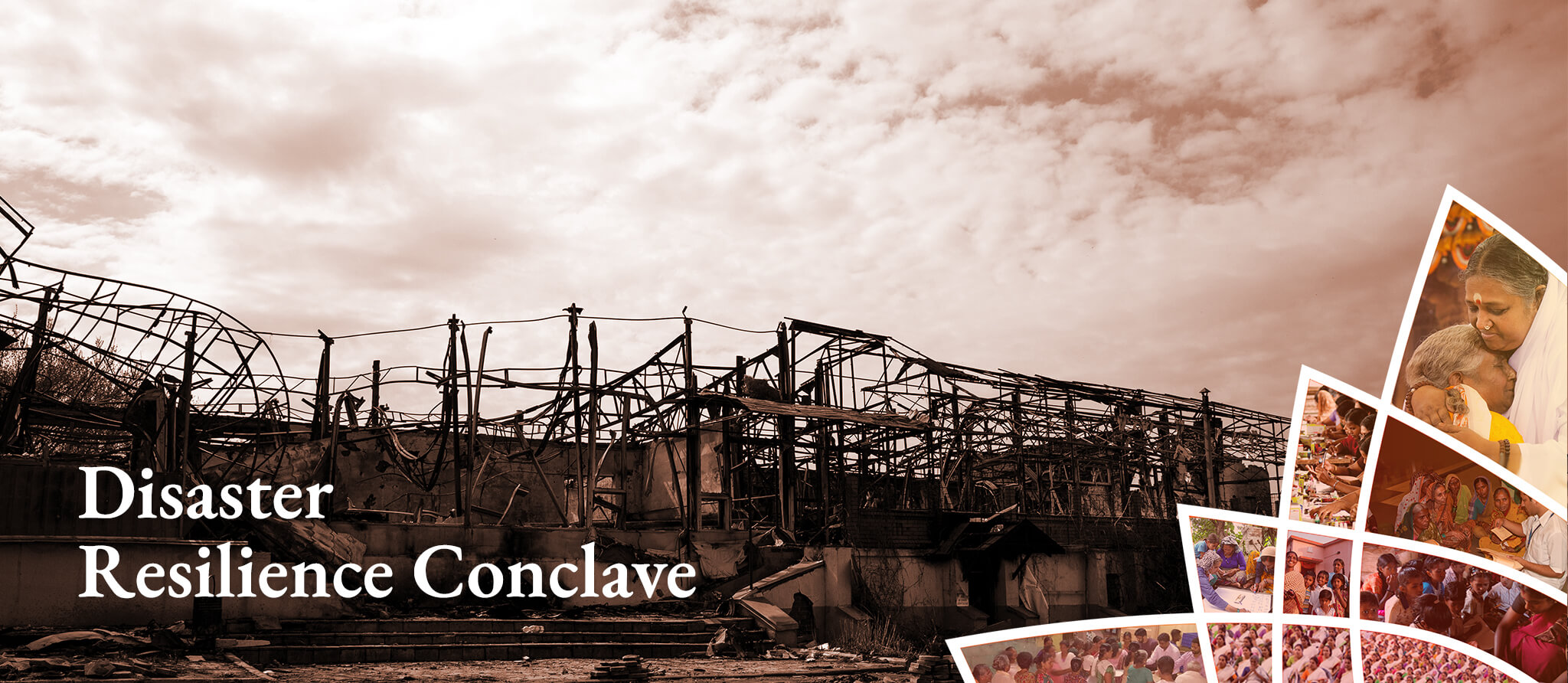
The 2030 Agenda for Sustainable Development, adopted by all United Nations Member States in 2015, provides a shared blueprint for peace and prosperity for people and the planet, now and into the future. It has 17 Sustainable Development Goals (SDGs), which are an urgent call for action by all countries – developed and developing – in a global partnership. Among 17 SDGs, sustainable development Goal-13 deals with the urgent action to combat climate change and its impact. Climate change is a real and undeniable threat to our entire civilization. The effects are already visible and will be catastrophic unless we act now. Through education, innovation, and adherence to our climate commitments, we can make the necessary changes to protect the planet. The main targets under climate action (SDG-13) include SDG 13.1 and 13.2 which discuss strengthening the resilience and adaptive capacity to climate-related disasters and building knowledge and capacity to meet climate change.
Many communities struggle with how to prepare for disasters. It can be difficult to talk about vulnerability to disasters, and it can be even more difficult to keep people engaged and motivated to take action. In this context, a 2 days training workshop is proposed on the topic “Disaster Resilience- Conclave” in association with the C-20 event organized at Sikkim to build civilian/community resilience. This training provides insights into how and why people respond to risk and helps participants develop new skills to better connect with a variety of audiences. Understanding and connecting with an audience’s diverse values and concerns can lead to a higher level of community engagement and can help motivate action to reduce risk. Trainees will learn how to recognize differing values and identify how and why people perceive and respond to risks the way they do; apply social science and risk communication principles when faced with challenging questions; respond to difficult questions with more confidence; and develop an effective risk communication strategy that incorporates relevant and proven principles. This training program helps emergency services and communities better prepare for disaster resilience. After the training program, participants will be able to become trainers for their community to equip them with disaster resilience.
Objectives of the workshop:
Increase awareness and understanding of disasters:
- Disaster management lifecycle, disaster preparation, stakeholder participation in disaster preparedness, disasters prevalent in northeast India
- Disaster resilience and establishing community resilience
Enabling the use of participatory approaches and tools for disaster preparedness:
- Participatory engagement to understand community challenges, resources, and resilience,
- Tools for disaster preparedness, introduction to Landslide Tracker app, Amritakripa
Training on the tools for operationalization:
- Dos and don’ts for each disaster, where to look for more information (website, govt announcements), how to observe the environment around you
- Simple ways to measure vital triggers, how those can be entered in social media apps, how to relate it with the possibility of disasters, how to be inclusive in the community, how can combined efforts help each other and benefit the community in large
Risk awareness:
- Know your vulnerable locations, identify shelters in your community, identify safe grounds for landslides, floods, and earthquakes, and know the safe zones for building construction in the future.
Collaboration and coordination:
- Possible collaborating agencies at local and national levels, public clubs and volunteer organizations, youth organizations, women self-help groups, Amrita team, health workers, NGOs,
- Collaborative education programs with the rescue team, firefighters, adventure clubs, primary health workers, and local panchayat/rescue forces
- Regular awareness campaigns, strong community building against disasters, knowledge transfer, use of best practices, and clean up drives to ensure the community is free from home hazards that can induce disaster over a prolonged period
Expected deliverables from the workshop:
- Increased awareness and understanding of disasters
- Enabled the use of participatory approaches and tools for disaster preparedness
- Trained on the tools for operationalization
- The possible collaborating organizations, Expected MoUs, identified community champions
- Community groups identified vulnerabilities around their community, possible measures to mitigate them, identified volunteers, identified resources such as buildings, safe grounds, and educated people in the community
Certificate for the participants:
- UNESCO Chair on Experiential Learning for Sustainable Innovation & Development
- Government of Sikkim
- Sikkim State Disaster Management Authority (SSDMA)
- International Consortium on Landslides (ICL), International Program on Landslides (IPL)
